Lifestyle Tips To Increase Your Quality of Life During Prostate Cancer Treatment

Symptom free, prostate cancer should not affect your everyday activities. You should be able to work, care for loved ones, participate in normal social and recreational activities, and take care of yourself.
However, you may be concerned about your future, which is understandable. This might make you feel nervous or sad, and it could disrupt your sleep.
If your prostate cancer worsens, you might not be able to do all you used to. You’ll feel fatigued and need time to recuperate after surgery or other treatment, such as radiation or chemotherapy.
You may experience symptoms that slow you down and make it difficult to perform activities if you have advanced prostate cancer that has spread to other regions of your body. You may have to work fewer hours or maybe quit working altogether.
Regardless of the stage of your prostate cancer, make time for the things you like and spend time with those who care about you.
Learn the Outlook of Your Disease
Generally, for men with prostate cancer:
- More than 95 percent of cancer patients will live for at least a year after diagnosis.
- More than 85 out of 100 people will live 5 years or longer after being diagnosed with cancer.
- Almost 80 percent of cancer patients (almost 80 percent) will live for 10 years or more.
The stage of cancer at the time of diagnosis determines your prognosis. This relates to the scope of the issue and whether or not it has spread.
The type and stage of prostate cancer has an impact on your prognosis. The grade denotes how abnormal the cells seem under the microscope. The most extensively used criteria for evaluating prostate cancer is the Gleason score. A higher Gleason score means a poorer prognosis for men.
Your Prostate-Specific Antigen (PSA) level has an impact on your prognosis. A high PSA level might suggest that your cancer is rapidly advancing.
Your general health and fitness have an impact on your ability to survive. The more physically active you are, the better you will be able to manage your condition and live a healthier life.
Do Not Neglect Your Daily Routine
If you feel well enough, keep up with your daily routine. This includes:
- Working
- Time with loved ones
- Participating in hobbies
- Taking trips and vacations
Consider how you want to spend your time and who you like spending it with. What brings you joy? What activities do you find most enjoyable?
Cancer might alter your feelings about yourself and the world around you, but don’t let cancer dictate your happiness!
Try to keep the life you had before cancer and incorporate new ideas into your daily routine so you don’t just survive, but flourish.
Exercise Is Critical
Many people report having greater energy after participating in physical activities such as swimming, walking, yoga, and riding, according to research. They’ve discovered that doing these kinds of exercises, or anything else that gets their bodies moving, keeps them strong and makes them feel good. Every day, a little exercise:
- Improves your chances of feeling better
- Keeps your muscles toned
- Speeds your healing
- Decreases fatigue
- Controls stress
- Increases appetites
- Decreases constipation
- Helps free your mind of bad thoughts
You may begin immediately, even if you have never done physical exercises before. Choose something you think you’d enjoy doing and ask permission from your doctor to attempt it. Even if you have to stay in bed, there are workouts you can perform.
Try to Join Support Groups or See a Therapist
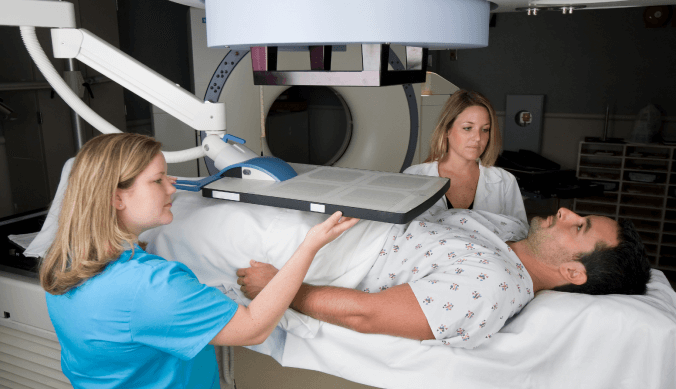
When talking with other prostate cancer patients about their comparable experiences and adventures, it may be a great way to relieve stress. Because we are social beings, talking about your struggles and achievements can help your social and emotional well-being at a trying moment.
A qualified therapist can sometimes appropriately locate your sentiments and assist you ease whatever is bothering you emotionally. Starting a discussion with someone you care about, a friend, or even a stranger is always the first step.
If you only look, you will find assistance.
Reduce Stress
Sources of stress are stressors. Some stresses are foreseeable and, as a result, may be avoided. Making minor changes can typically reduce the level of stress in your life. Consider the following stress-reduction suggestions:
- Avoid scheduling conflicts: To keep track of appointments and events, use a day planner, your phone, or an online calendar. Allow plenty of time to accomplish one task before moving on to the next when scheduling activities. Avoid scheduling too many events on the same day or week, especially those that need preparation. If keeping track of your appointments is too much for you, enlist the aid of someone you trust.
- Be aware of limits: When others ask you to do something and you don’t have the time, energy, or interest, respectfully reject. Don’t feel bad about saying no. A cancer diagnosis is life-changing, so concentrating on the important things makes sense. Volunteering for tasks at work that might make your burden overwhelming is not a good idea. If it’s difficult to say “no,” tell the person who asked what you can do instead. This might mean completing a lesser portion of the assignment or having more time to do it.
- Ask for help: It’s also a good idea to seek assistance from family, friends, and coworkers. People are more likely to give assistance if you think about what things you need help with ahead of time. People value the ability to assist in certain ways. Family or friends may be able to assist with shopping, food preparation, pet sitting, or taking up a child from school, for example.
- Prioritize tasks: Make a list of the tasks you do on a regular basis, such as work and housework. Consider the things you must accomplish and the things that are most essential to you when ranking these items. If you don’t have enough time to complete everything on your list, concentrate on the chores and activities near the top.
- Break down tasks: Large projects can sometimes be broken down into smaller chunks. This method can help you deal with difficulties that appear to be overwhelming. Instead of cleaning your entire house in one day, focus on one or two rooms each day.
- Concentrate efforts on things that you DO control: Even with the finest planning, a stressor may be something you can’t modify or control. One example is traffic. People who can maintain flexibility have less stress. Sometimes the only thing you have control over is how you respond to an issue. Consider it as a way to save energy for things that are more essential to you.
- Get help with financial problems: Consult an oncology social worker or a financial counselor who is familiar with cancer-related insurance and finances. Do not put off seeking financial assistance. Debt and late expenses may quickly become burdensome. Learn more about how to budget for cancer treatment.
Sources:
https://www.cancerresearchuk.org



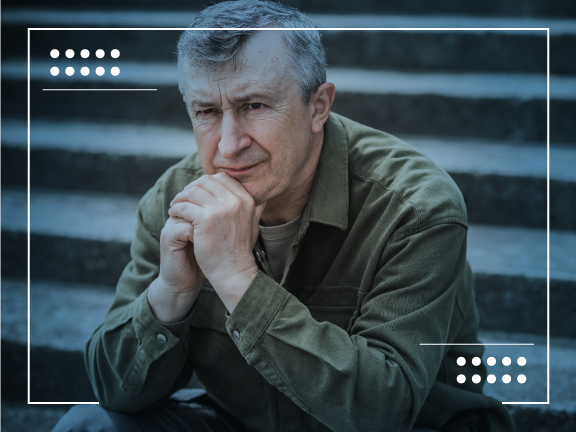
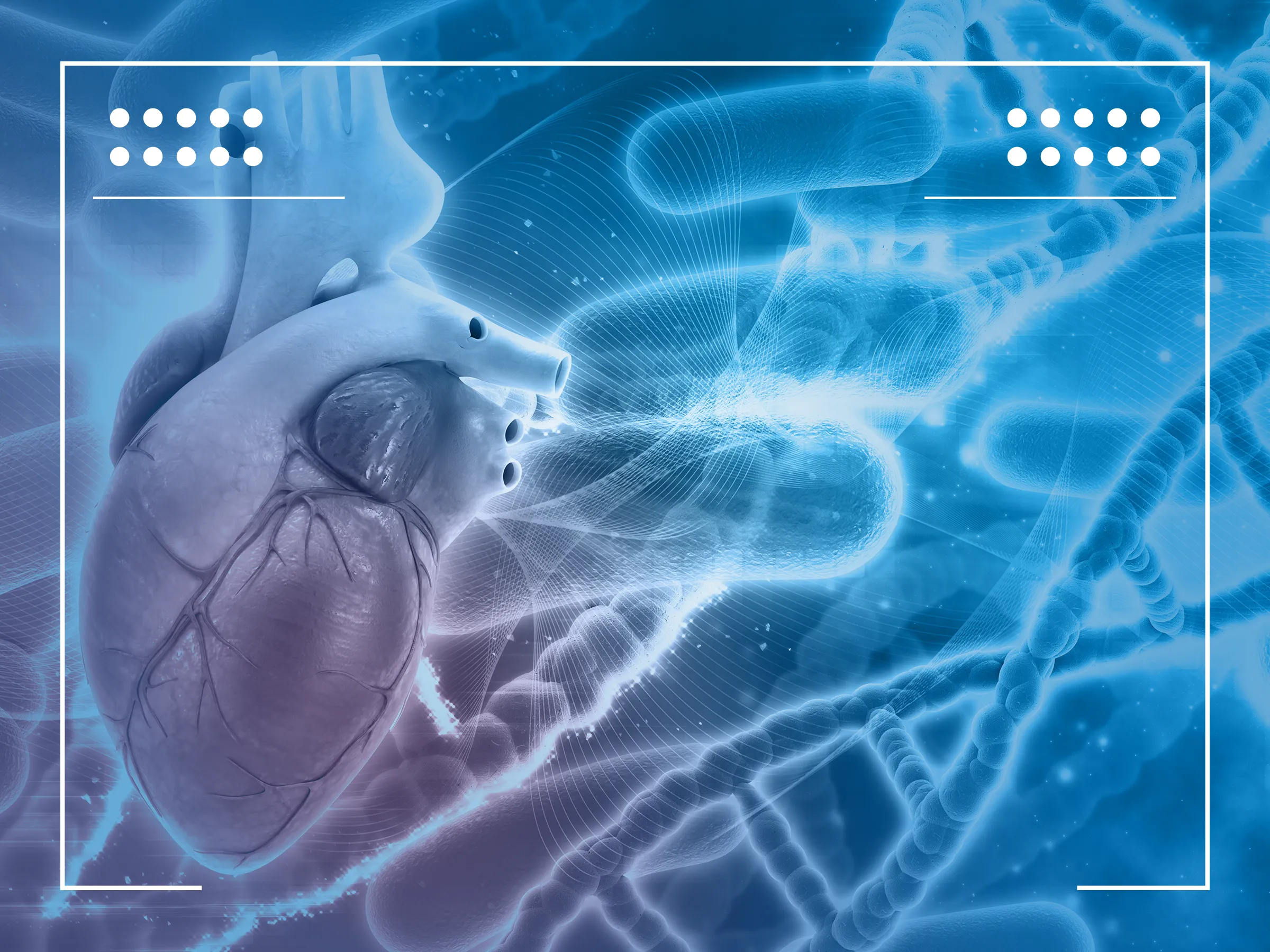


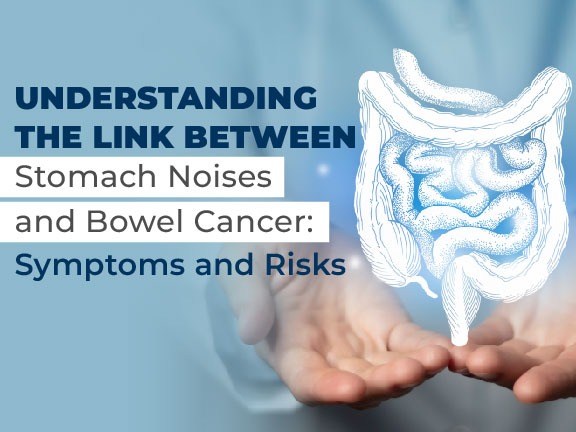

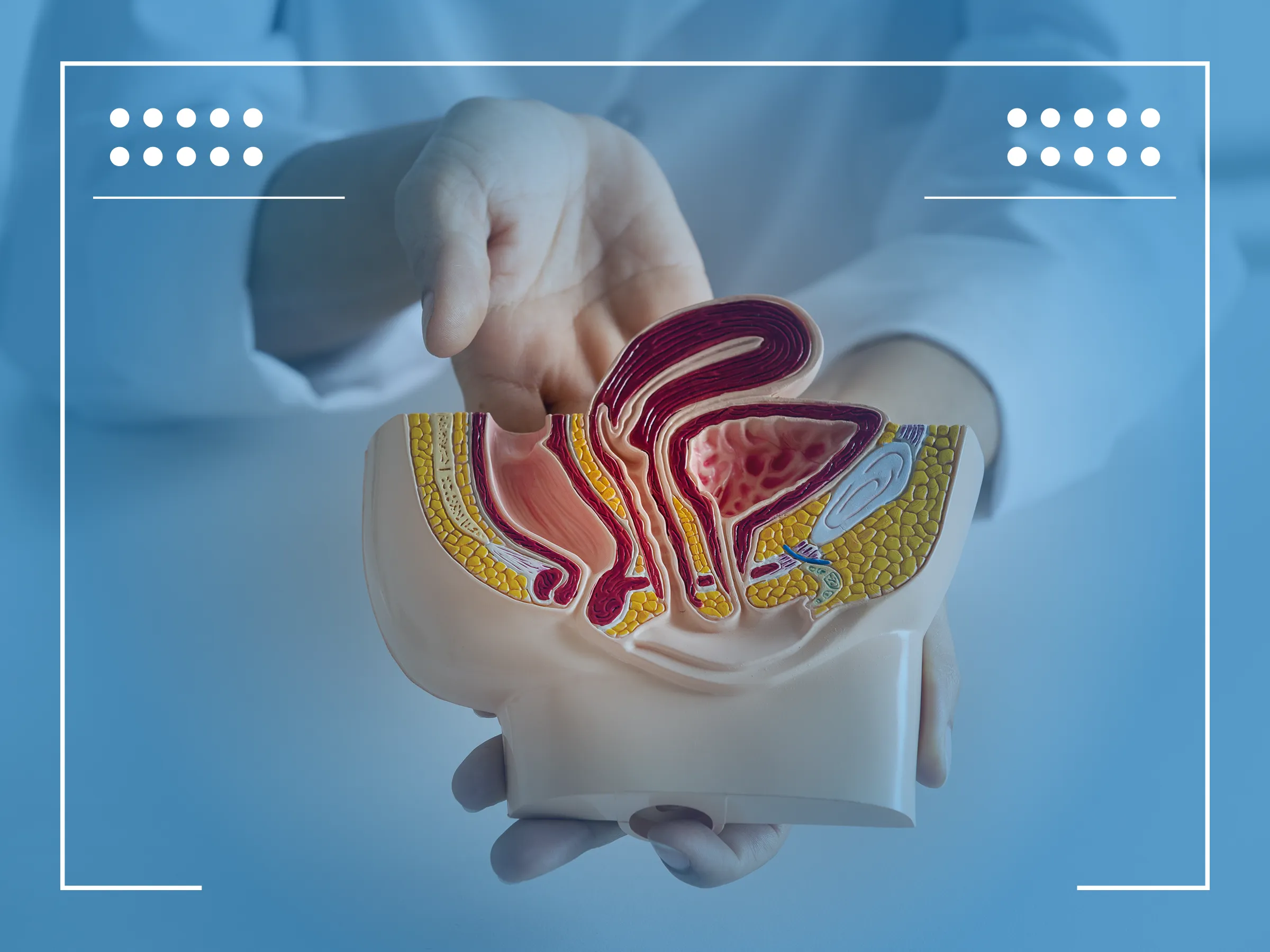
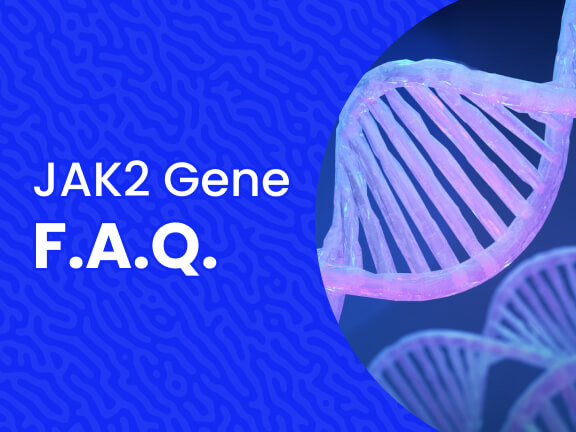
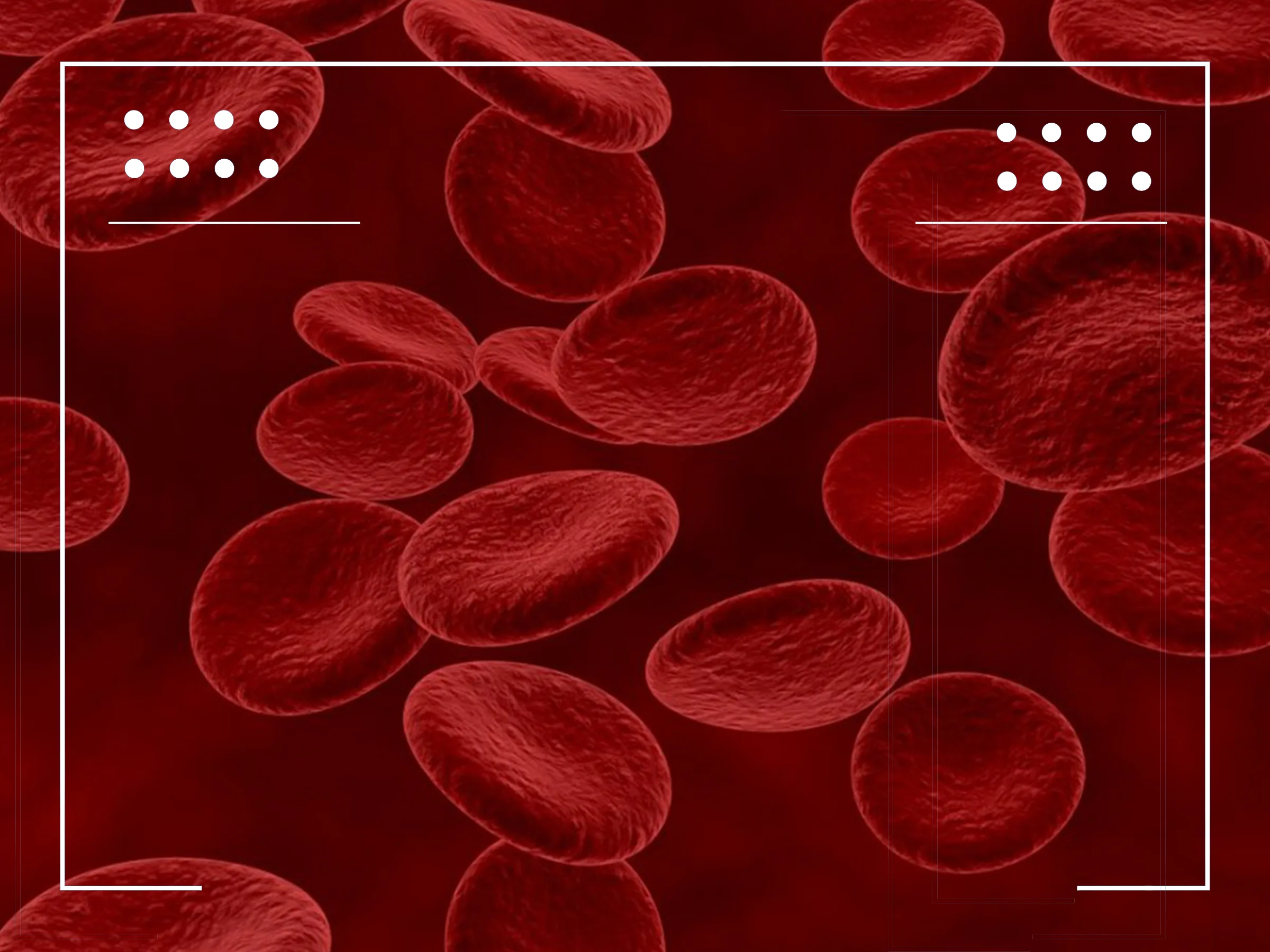
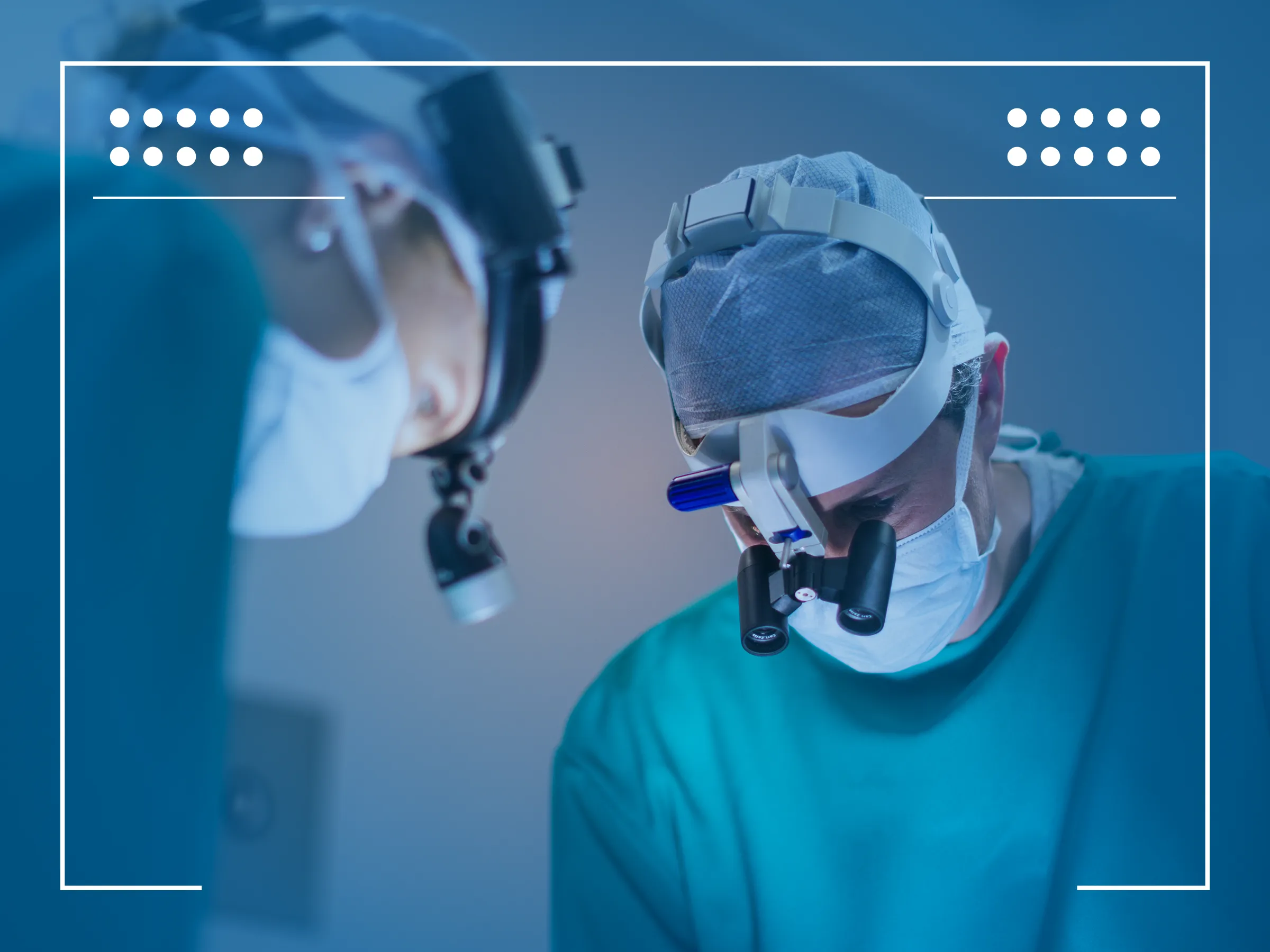
2 Comments
I am a Prostate CA patient,age 73+,stage 1 Gleason 3+3=6,diagnose around three years ago. Had radical robotic prostotocamy on 20.2.2019 followed by ADT and short advance sulvage radiation therapy.present PSA 0.05(before surgery PSA was 17.5 came down 0.020 after surgery.after two years PSA raised upto 0.19 when ADT and radiation done. Now PSA 0.05.I have urine leakage and ED. Doctor advised to do PASM PET CT San after 5/6 months of completion of sulvage radiation (22.3.22)..i e in September 2022.
I have gone through the article.Its very valuable article for prostate cancer patients Every patient should carefully follow the points discussed in the article.
After going through the same I try to strictly follow the advises stated there in and get mentally and physically relaxed .It is something like a therapy for the patients like me.Thank you very much.
Thank you very much for your feedback. We are happy that we are able to help and be part of your journey.